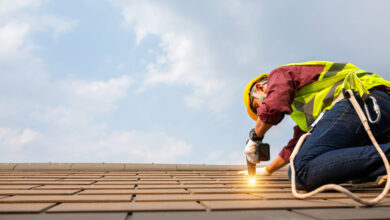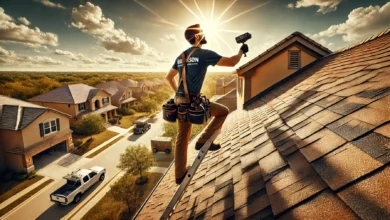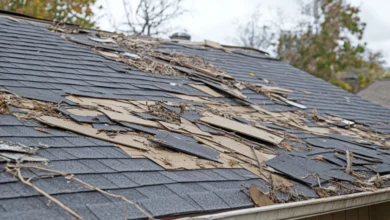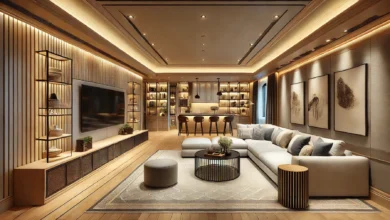How Energy-Efficient Windows Are Revolutionizing Home Comfort?
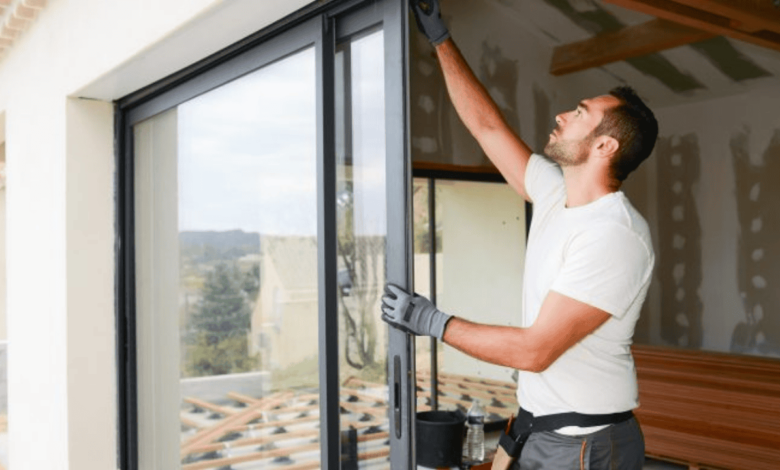
Energy-efficient windows are transforming how we think about home comfort and energy conservation. These innovative windows enhance indoor environments while minimizing energy consumption, reducing utility bills, and contributing to environmental sustainability. Their advanced technologies and designs cater to the evolving needs of modern homeowners who seek solutions for temperature regulation, soundproofing, and natural light optimization. We will explore how energy-efficient window installation service make a difference in homes by examining their unique features, benefits, and long-term impacts on comfort and sustainability.
Advanced Technologies in Energy-Efficient Windows
Energy-efficient windows incorporate advanced technologies that set them apart from traditional window designs. These include low-emissivity (low-E) coatings, multi-pane glazing, and inert gas fills. Low-E coatings are microscopically thin layers of material applied to the glass to reflect infrared and ultraviolet light while allowing visible light to pass through. This feature helps maintain a consistent indoor temperature by reducing heat gain in the summer and heat loss in the winter.
Multi-pane glazing, often double or triple panes, creates an insulating barrier that minimizes the transfer of heat and cold. Between these panes, inert gases like argon or krypton are injected to enhance insulation further. Additionally, advanced window frames made from vinyl, fiberglass, or thermally improved aluminum provide better thermal resistance than traditional wooden or metal frames. These technologies combine to make energy-efficient windows a powerful tool for improving home energy performance and comfort.
Enhanced Comfort and Temperature Regulation
One of the most notable advantages of energy-efficient windows is their ability to enhance indoor comfort by maintaining consistent temperatures throughout the home. Traditional windows often allow heat to escape during the winter and infiltrate during the summer, resulting in uneven temperatures and increased reliance on heating and cooling systems. Energy-efficient windows address this issue by reducing thermal transfer and preventing drafts.
These windows create a more comfortable living environment by stabilizing indoor temperatures, regardless of the season. Homeowners can enjoy a cozy interior during colder months and a cool refuge during hot weather without constantly adjusting thermostats. This temperature consistency is particularly beneficial for homes with large windows or expansive glass surfaces, where energy-efficient designs can significantly improve insulation. Furthermore, reducing temperature fluctuations helps protect furnishings and flooring from damage caused by prolonged exposure to direct sunlight, such as fading or warping.
Reduced Energy Consumption and Cost Savings
Energy-efficient windows are crucial in reducing energy consumption, directly translating to lower utility bills. Heating and cooling account for a significant portion of energy use in homes, and inefficient windows can be a major source of energy loss. Energy-efficient windows reduce the workload on HVAC systems by minimizing heat transfer and improving insulation, allowing them to operate more efficiently.
Over time, the savings on energy costs can offset the initial investment in energy-efficient windows. Homeowners can expect a noticeable decrease in their monthly energy expenses, making these windows a financially sound choice. Additionally, many governments and utility companies offer rebates or incentives for upgrading to energy-efficient windows, further reducing the overall cost of installation. Beyond financial benefits, the reduced energy consumption contributes to a smaller carbon footprint, aligning with global efforts to combat climate change and promote sustainable living.
Improved Soundproofing and Noise Reduction
Another significant benefit of energy-efficient windows is their ability to enhance soundproofing and reduce noise pollution. The features that improve thermal insulation—multi-pane glazing, inert gas fills, and advanced frame materials—also create a barrier against external noise. This is particularly valuable for homes near busy streets, airports, or noisy environments.
Energy-efficient windows dampen sound transmission, providing a quieter and more peaceful indoor environment. This improved soundproofing can enhance residents’ quality of life, allowing them to enjoy a tranquil atmosphere regardless of external conditions. For families, creating a noise-free space is particularly important for restful sleep, focused work, or undisturbed relaxation. Energy-efficient windows demonstrate that functionality and comfort coexist, offering thermal and acoustic advantages.
Increased Natural Light with Minimal Glare
Energy-efficient windows are designed to optimize natural light while minimizing glare and heat gain. This balance is achieved through low-E coatings and advanced glazing technologies, allowing visible light to enter while filtering harmful UV rays. By maximizing natural light, these windows reduce the need for artificial lighting during the day, leading to further energy savings.
Harnessing natural light without the drawbacks of excessive heat or glare creates a more pleasant indoor environment. Homeowners can enjoy bright, sunlit spaces without worrying about discomfort or increased cooling costs. Additionally, the UV protection offered by energy-efficient windows helps safeguard interior decor, such as furniture, artwork, and flooring, from fading or discoloration. This combination of functionality and aesthetics makes energy-efficient windows ideal for modern homes.
Energy-efficient windows are transforming how homes achieve comfort, energy savings, and sustainability. By incorporating advanced technologies like low-E coatings, multi-pane glazing, and durable frames, these windows provide a range of benefits, from improved temperature regulation and soundproofing to enhanced natural light and reduced energy costs. Their contribution to environmental sustainability and long-term value further solidifies their role in modern home design. As homeowners prioritize comfort and eco-friendly living, energy-efficient windows are a practical and impactful choice for the future.
